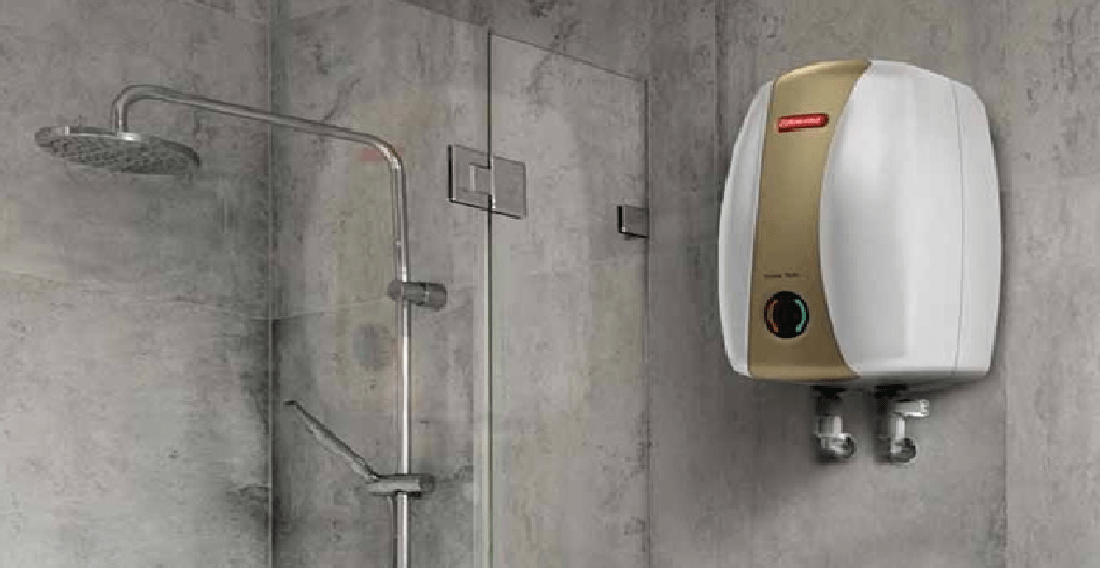Core Differences Between a Geyser and A Water Heater
Two standard terms for home heating water are water heaters and geysers. While they are sometimes used interchangeably, they can refer to different devices depending on the region or specific context. Understanding the core differences between a water heater and a geyser can help you choose the right one for your needs.
Definition and Usage

- Water heater: A water heater is a broad category that includes any device used to heat water. These can range from storage water heaters, which keep a hot water reservoir, to tankless models that heat water on demand. Water heater is commonly used in many countries to describe these devices.
- Geyser: Geyser is more commonly used in countries like India, South Africa, and the UK to refer to what others might call a water heater. Specifically, in these regions, a geyser is often an electric or gas-powered device that heats water for household use, particularly for bathing and washing.
Types of Devices
Water heater: Water heaters are of different types:
- Tank water heaters: These store a large amount of hot water and are available in different capacities.
- Tankless water heaters: Also called on-demand or instant water heaters, these heat water only when needed.
- Solar water heaters: These use solar energy to heat water, which makes them an environmentally friendly option.
Geyser: In the regions where the term geyser is used, it typically means:
- Instant geysers: These work like tankless water heaters, heating water as it flows through the device. They are compact and provide hot water almost instantly.
- Storage geysers: These are like tank water heaters. They heat and store water in a tank, providing more hot water on demand.
Heating Mechanism
- Water heater: The heating mechanism in water heaters varies depending on the type. Electric water heaters use heating elements, while gas water heaters rely solely on a burner to heat the water. On the other hand, solar water heaters use solar panels to heat the water using sunlight.
- Geyser: In places where geysers are preferred, the heating mechanism is usually electric or gas-based, like a water heater. The choice between electric and gas geysers depends on energy availability, cost, and efficiency.
Energy Efficiency
- Water heater: Energy efficiency in water heaters differs. Tankless water heaters are more efficient than tank models because they only heat water as needed. Solar water heaters are the most energy-efficient, as they harness renewable solar energy.
- Geyser: Instant geysers, like tankless water heaters, are also energy efficient as they avoid the constant heating required for stored water. However, a geyser’s energy efficiency depends on its type, usage, and energy source.
Conclusion
While water heaters and geysers perform the same primary function, heating water, their differences lie in the mentioned aspects. Understanding these crucial differences helps you choose the most suitable option for your home.







